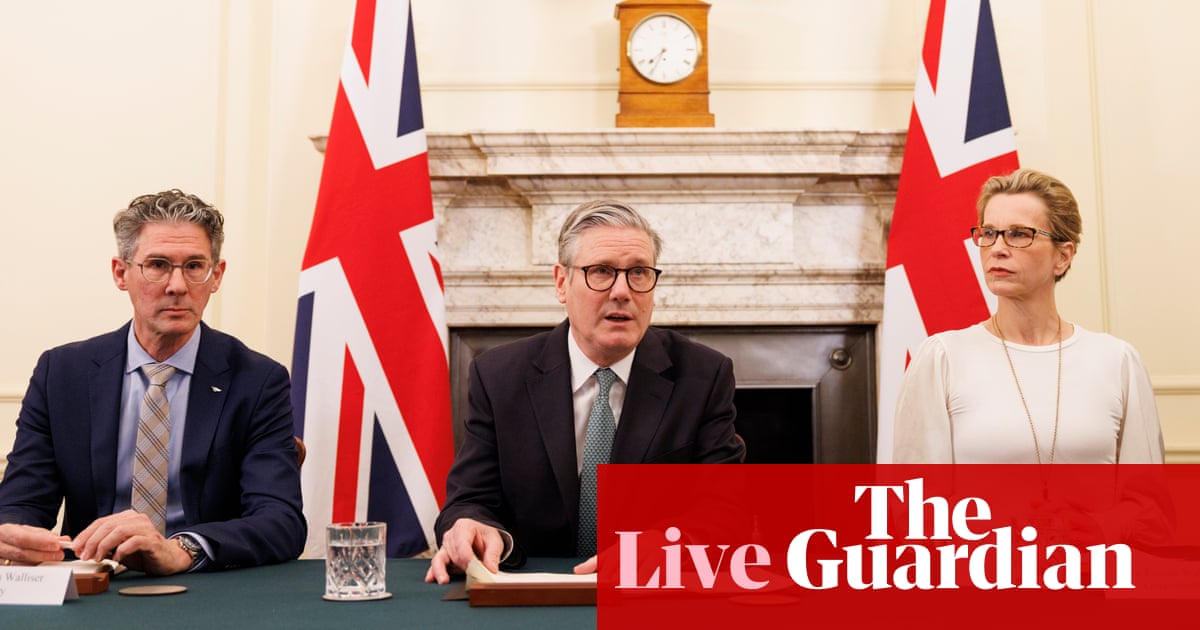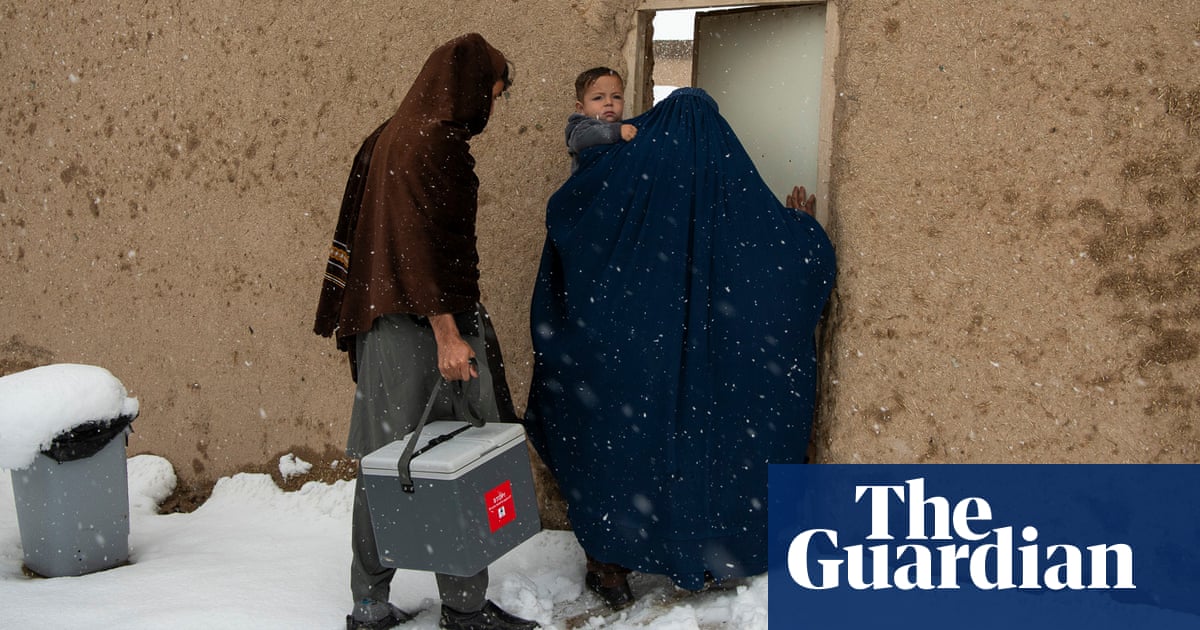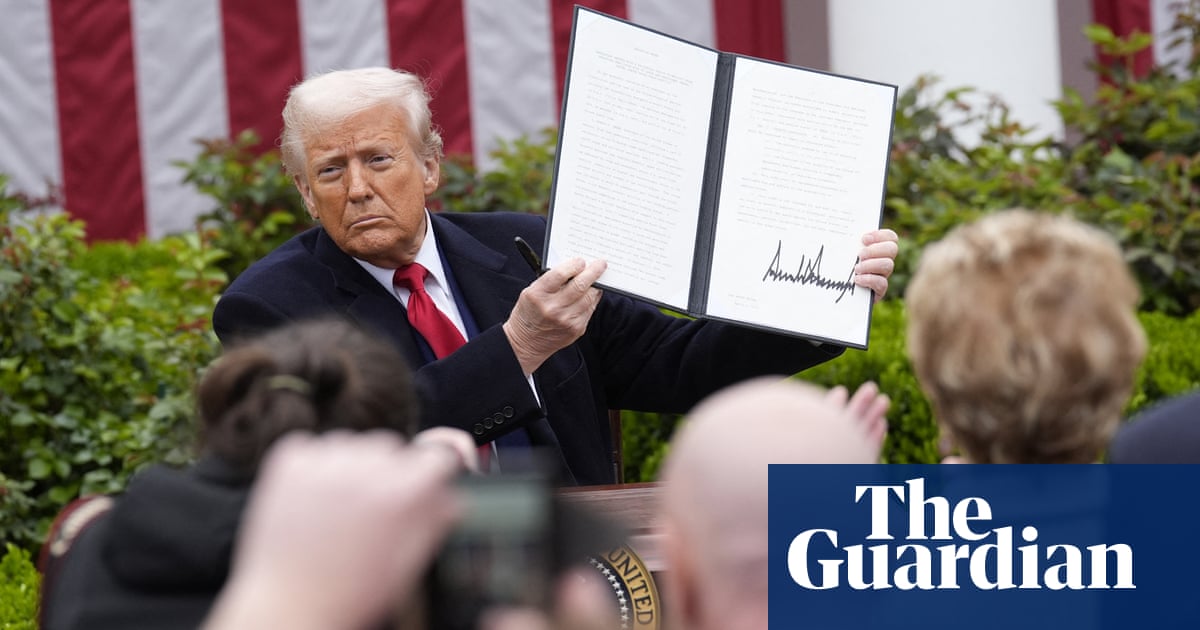Israel’s security cabinet will meet on Friday after negotiators reached a deal for the release of hostages as part of a Gaza ceasefire with Hamas, prime minister Benjamin Netanyahu’s office has said.
In Gaza itself, Israeli warplanes kept up intense strikes, and Palestinian authorities said late on Thursday that at least 86 people had been killed in the day after the truce was unveiled. Earlier on Thursday, the Israel Defense Forces (IDF) said it had attacked approximately 50 terrorist targets throughout the Gaza Strip in the past 24 hours.
Israel delayed meetings expected on Thursday when the cabinet was to vote on the pact, with longstanding divisions apparent among ministers. Netanyahu said his cabinet would not meet until “Hamas accepts all elements of the agreement”, in a move that threatened to derail months of work to end the brutal 15-month conflict.
The unexpected delay sparked fears that last-minute disagreements between Israel and Hamas or hardline opposition could still scuttle the deal. But in the early hours of Friday, Netanyahu’s office suggested approval was imminent. “Prime minister Benjamin Netanyahu was informed by the negotiating team that agreements have been reached on a deal to release the hostages,” his office said in a statement.
The security cabinet would meet on Friday before a government meeting later to approve the deal, it said.
It was not immediately clear whether the later meeting would happen on Friday or Saturday or whether there would be any delay to the start of the ceasefire on Sunday.
Israel’s acceptance of the deal will not be official until it is approved by the security cabinet and government. The prime minister’s office has not commented on the timing. Some political analysts speculated that the start of the ceasefire, scheduled for Sunday, could be delayed if Israel does not finalise approval until Saturday.
White House spokesperson John Kirby said Washington believed the agreement was on track and a ceasefire in the 15-month-old conflict was expected to proceed “as soon as late this weekend”. “We are seeing nothing that would tell us that this is going to get derailed at this point,” he said on CNN on Thursday.
The families of Israeli hostages had been told, and preparations ordered to receive the hostages upon their return to Israel, Friday’s statement added.
A group representing families of Israeli hostages in Gaza, 33 of whom are due to be freed in the first six-week phase of the accord, earlier urged Netanyahu to move forward quickly. “For the 98 hostages, each night is another night of terrible nightmare. Do not delay their return even for one more night,” the group said in a statement late on Thursday carried by Israeli media.
US secretary of state Antony Blinken said on Thursday said a “loose end” in the negotiations had needed to be resolved. A US official, who spoke on condition of anonymity, said this was a dispute over the identities of some prisoners Hamas wanted released. Envoys of President Joe Biden and president-elect Donald Trump were in Doha with Egyptian and Qatari mediators working to resolve it, the official said.
Hamas senior official Izzat el-Reshiq said the group remained committed to the ceasefire deal.
Itamar Ben-Gvir, Netanyahu’s hardline national security minister, announced on Thursday evening that he would quit the government if it ratifies the ceasefire deal in Gaza. Calling the ceasefire-for-hostages deal “irresponsible” and “reckless”, Ben-Gvir said that accepting it would “erase the achievements of the war” by releasing Palestinian militants and ceding territory in Gaza.
But while the threat is a blow to Netanyahu, Ben-Gvir’s departure would not bring down the prime minister’s government.
In Jerusalem, some Israelis marched through the streets carrying mock coffins in protest against the ceasefire, blocking roads and scuffling with police. Other protesters blocked traffic until security forces dispersed them.
The deal finalised in Doha by US, Israeli, Egyptian and Qatari negotiators after weeks of talks largely follows the contours of a truce agreement first set out last May. President Joe Biden had presented the deal as a cornerstone achievement of his administration and called it the result of “dogged and painstaking American diplomacy”.
In the first stage, which is to last 42 days, Hamas has agreed to release 33 hostages including children, women – including female soldiers – and those aged over 50. In exchange, Israel would release 50 Palestinian prisoners for every female Israeli soldier released by Hamas, and 30 for other hostages.
Palestinians displaced from their homes would be allowed to move freely around the Gaza Strip, which Israel has cut into two halves with a military corridor. Wounded people are supposed to be evacuated for treatment abroad, and aid to the territory should increase to 600 trucks a day – above the 500 minimum that aid agencies say is needed to contain Gaza’s devastating humanitarian crisis.
In the second phase, the remaining living hostages would be sent back and a corresponding ratio of Palestinian prisoners would be freed, and Israel would completely withdraw from the territory. The specifics are subject to further negotiations, which are due to start 16 days into the first phase.
The third phase would address the exchange of bodies of deceased hostages and Hamas members, and a reconstruction plan for Gaza would be launched. Arrangements for future governance of the strip remain hazy. The Biden administration and much of the international community have advocated for the semi-autonomous West Bank-based Palestinian Authority, which lost control of Gaza to Hamas in a brief civil war in 2007, to return to the strip. Israel, however, has repeatedly rejected the suggestion.
More than 15 months of war has killed more than 46,000 Palestinians and laid waste to most of Gaza’s infrastructure. The international court of justice is studying claims that Israel has committed genocide.
With Reuters

.png) 2 months ago
25
2 months ago
25













































